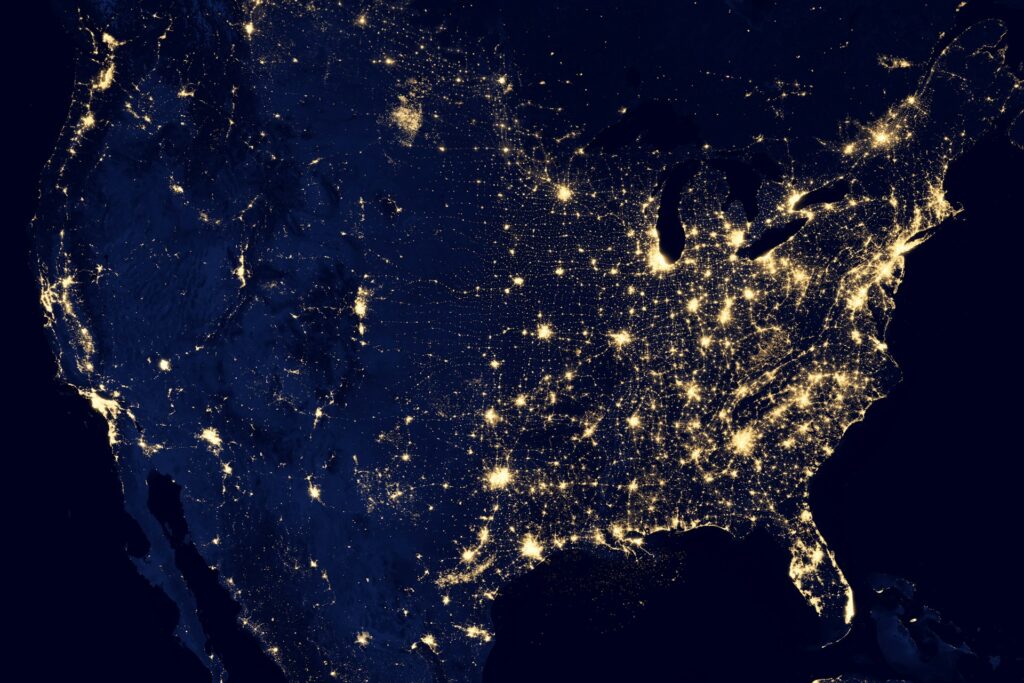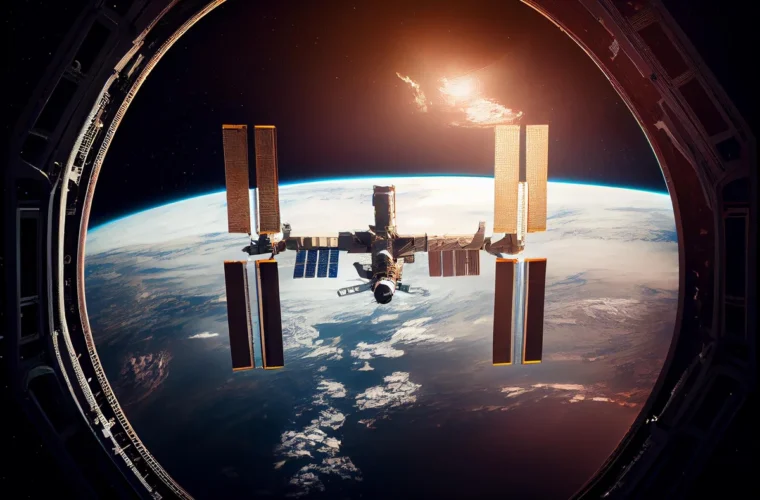As space exploration and technology advance, the future of cybersecurity in outer space is becoming a critical concern. With an increasing reliance on satellites and space-based infrastructure for everything from communication to navigation, these systems are now targets for cyber threats. A recent report by the Ethics + Emerging Sciences Group at California Polytechnic State University explores the evolving landscape of cyber threats in space, highlighting how defenders must remain open-minded and innovative to anticipate potential attackers.
Key insights from the report
Titled “Outer Space Cyberattacks,” the report emphasizes the importance of imagining future threats to cybersecurity in space. It highlights various motivations for space-based cyberattacks, from political agendas to economic competition and even acts of curiosity or destruction. For instance, hackers could aim to disrupt communication systems, manipulate satellite data, or cause widespread panic by falsifying information, such as using a satellite to spoof an asteroid collision alert. The report also introduces the ICARUS matrix, a tool designed to help policymakers and cybersecurity experts generate a wide range of threat scenarios, ensuring they remain flexible in responding to emerging risks. This framework allows teams to brainstorm hypothetical situations, ranging from current threats like signal jamming to more futuristic possibilities, such as hacking a space elevator.
The growing threat to space-based infrastructure
Satellites are pivotal in modern life, providing services like weather forecasting, GPS navigation, and even credit card transactions. However, these systems are increasingly vulnerable to cyberattacks. Hackers could spy on communications, disrupt essential services, or falsify critical data, potentially causing economic and social upheaval. This threat is compounded by the long life span of many satellites—often over a decade—which makes it difficult to keep their cybersecurity measures up to date. Furthermore, CubeSats, small, low-cost satellites, often lack robust cybersecurity protections altogether. The rapid rise of privatized space exploration also means that commercial companies are becoming targets of ideologically motivated attacks. These companies may face new forms of cyber threats as they pursue controversial ventures like advertising or constructing religious symbols on the moon.

Challenges in space cybersecurity
A major challenge in defending space systems is the lack of international regulation. While some agreements like the Outer Space Treaty exist, they were crafted long before cybersecurity became a concern. Current international law does little to govern space-based cyber activities, leaving a significant gap in policy. As a result, holding attackers accountable or even identifying cyber incidents in space is extremely difficult, further complicating defence efforts. Moreover, older space systems were not designed with cybersecurity in mind, leaving them especially vulnerable. The difficulty of updating these systems remotely and concerns about introducing new bugs or failures make comprehensive defence strategies even harder to implement.
Cybersecurity and space: future threats
The report envisions several possible future cyberattack scenarios. For example, ransomware could target space missions during launches, or hackers might fabricate evidence of alien life to manipulate public opinion. Other possibilities include hacking 3D printers on space stations to produce defective parts or launching eco-terrorist attacks on asteroid mining operations. In one striking scenario, malicious actors could disrupt satellites monitoring asteroids, causing panic with false alarms about imminent collisions. Such attacks could erode public trust in satellite data, creating skepticism about real dangers.
International norms and laws regarding cybersecurity in space remain underdeveloped. The report calls for updating space law to include modern cybersecurity concerns, particularly as commercial space activity increases. Policymakers, technologists, and the public must work together to address these challenges before cyberattacks in space become a significant global threat. The future of cybersecurity in space will require imaginative thinking, international cooperation, and proactive policies. As space becomes the next frontier for digital warfare, private companies and governments must remain vigilant, preparing for new threats. Collaboration across sectors will be crucial to ensuring that the rapid growth of space technology does not become a vulnerability but an opportunity for innovation and security.



